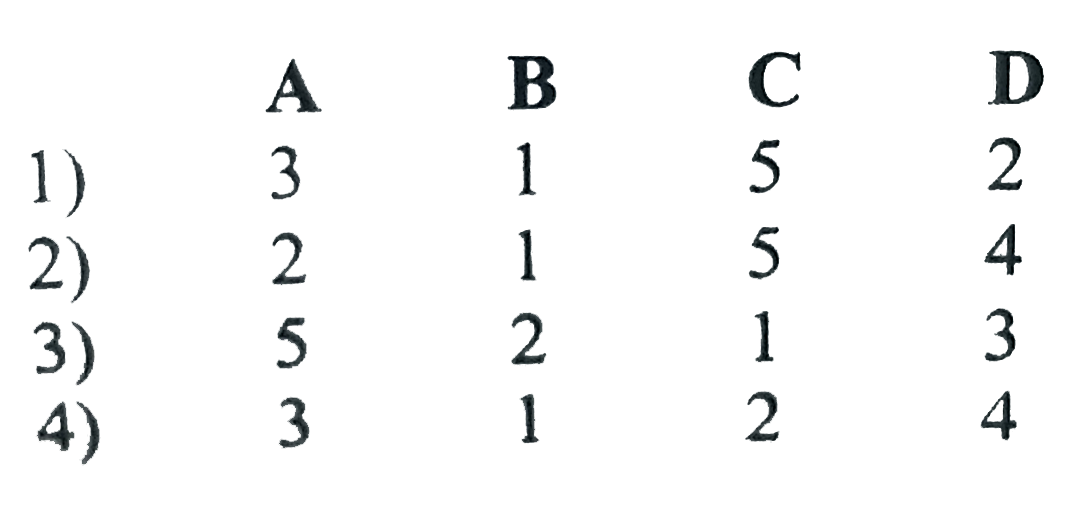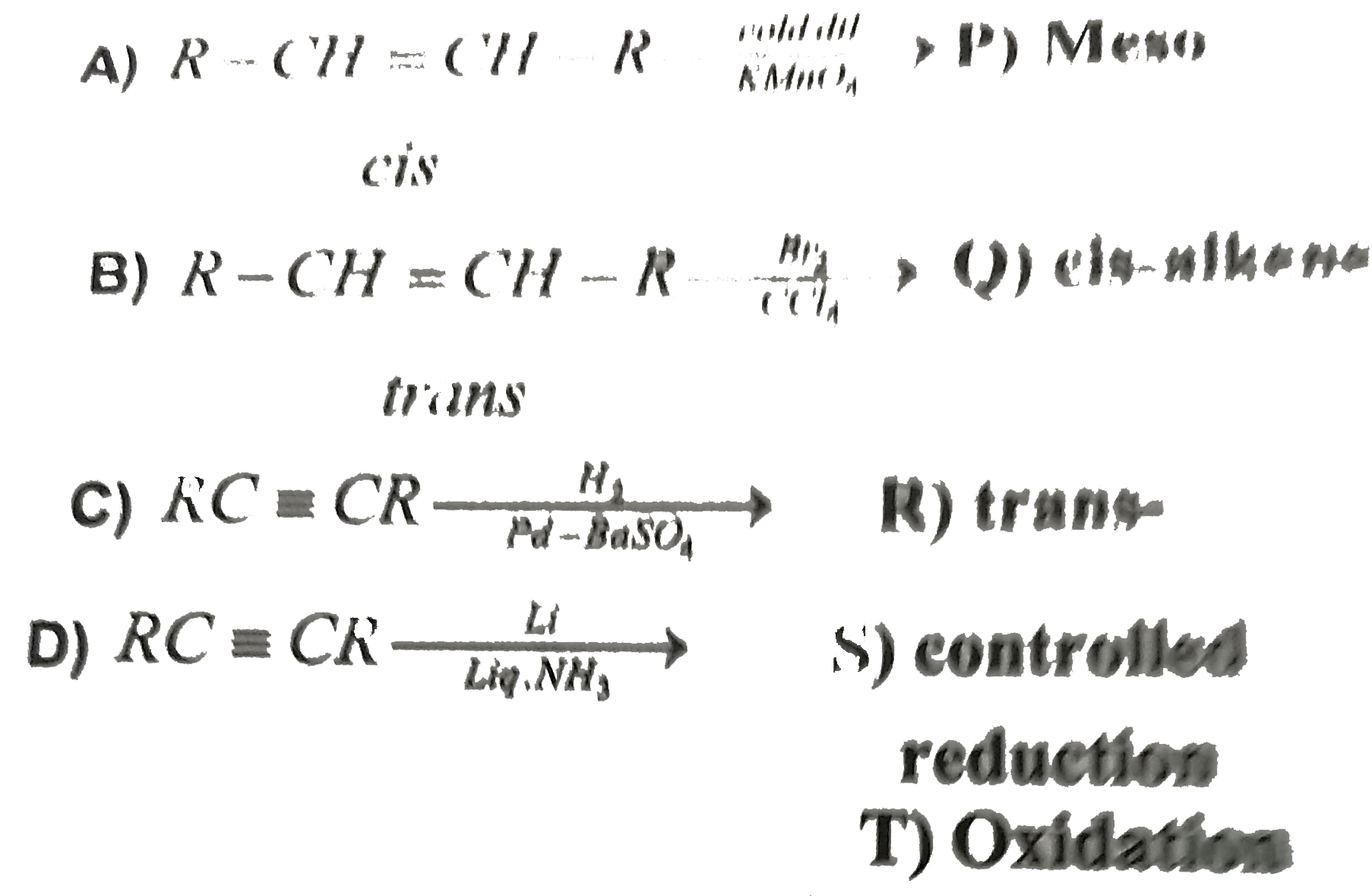Explain primary benzylic halide shows higher reactivity by SN1 mechanism than other primary alkyl halide.
Step by step video & image solution for Explain primary benzylic halide shows higher reactivity by SN1 mechanism than other primary alkyl halide. by Chemistry experts to help you in doubts & scoring excellent marks in Class 12 exams.
Updated on:21/07/2023Similar Questions
Knowledge Check
Assertion: Primary allylic halides show higher reactivity in SN1 reactions than other primary alkyl halides. ltBrgt Reason: Intermediate carbocation in allyl halides is stabilised by resonance.
AIf both assertion and reason are correct and reason is correct explanation for assertionBIf both assertion and reason are correct but reason is not correct explanation for assertion.CIf assertion is correct but reason is incorrect.Dif both assertion and reason are incorrect.Which alkyl chloride shows highest probability of SN1 mechanism?
ACH3ClB(CH3)3C-ClCCH3CH2ClD(CH3)2CHClStatement-I:Primay benzylic halides are more reactive than primary alkyl halides towards SN1 reaction.
Because Statement-II: Reactivity depends upon the nature of the nucleophile and the solvent.AStatement-I is True, Statement-II is True, Statement-II is a correct explanation for Statement-IBStatement-I is True, Statement-II is True, Statement-II is NOT a correct explanation for Statement-ICStatement-I is True, Statement-II is False.DStatement-I is False, Statement-II is True.
Write the structural formula of a primary alkyl halide.
View SolutionWhich of the following is a primary alkyl halide ?
View SolutionTerminal alkynes hafvfe a acidic hydrogn/s. sodium salt of terminal alkynes behave as nucleophile as well as strong base. For primary alkyl halides it well as strong base. For primary alkyl halides it behave as nucleophile. Thus primary alkyl halides give SN reaction with its salt. Alkynes undergo give SN reaction with its salt. Alkynes undergo electrophilic as well as nucleophilic addition reaction. they also undergo hydroboration, oxidation and ozonolysis.
Q. CH3C≡CH+HOX(2equ.)→Y. Y is
View SolutionTerminal alkynes hafvfe a acidic hydrogn/s. sodium salt of terminal alkynes behave as nucleophile as well as strong base. For primary alkyl halides it well as strong base. For primary alkyl halides it behave as nucleophile. Thus primary alkyl halides give SN reaction with its salt. Alkynes undergo give SN reaction with its salt. Alkynes undergo electrophilic as well as nucleophilic addition reaction. they also undergo hydroboration, oxidation and ozonolysis.
Q. The correct match is
The correct match is
View SolutionTerminal alkynes hafvfe a acidic hydrogn/s. sodium salt of terminal alkynes behave as nucleophile as well as strong base. For primary alkyl halides it well as strong base. For primary alkyl halides it behave as nucleophile. Thus primary alkyl halides give SN reaction with its salt. Alkynes undergo give SN reaction with its salt. Alkynes undergo electrophilic as well as nucleophilic addition reaction. they also undergo hydroboration, oxidation and ozonolysis.
Q.
View Solution
